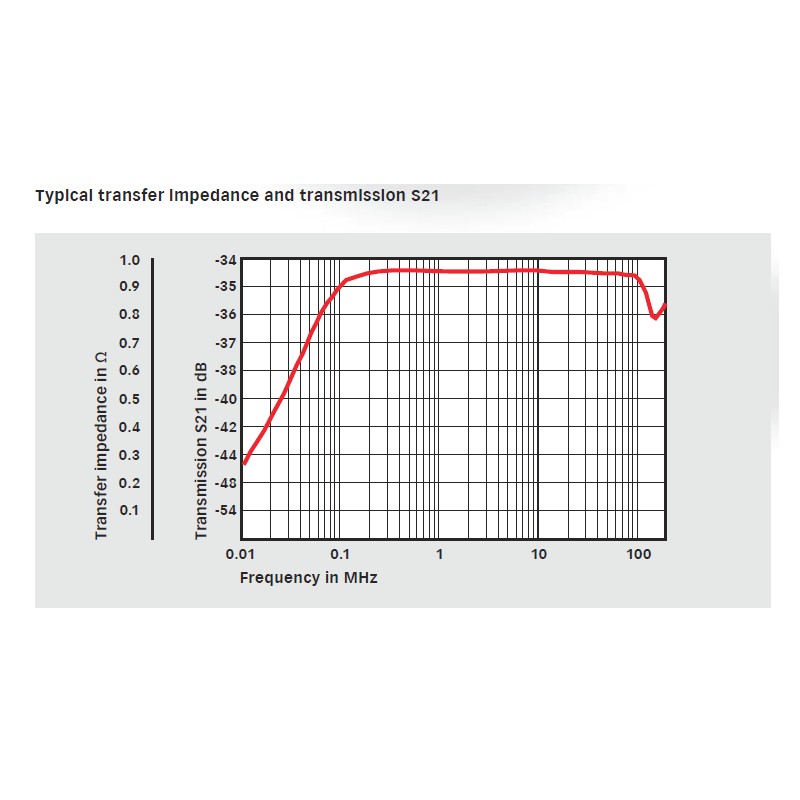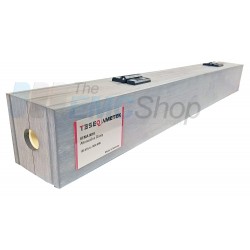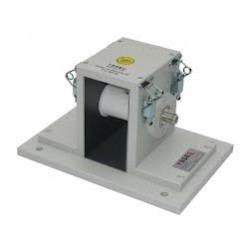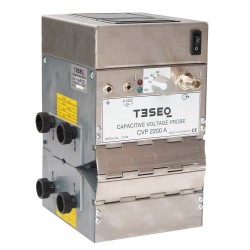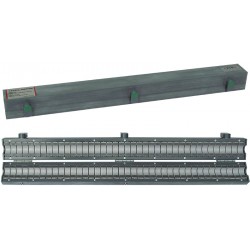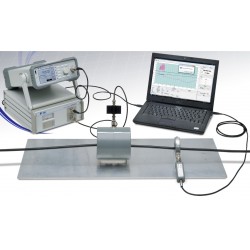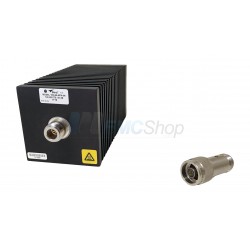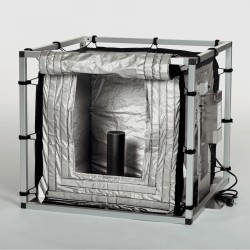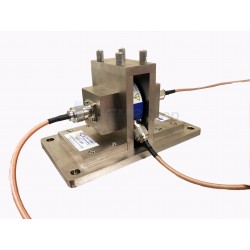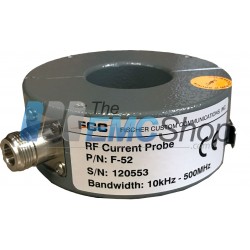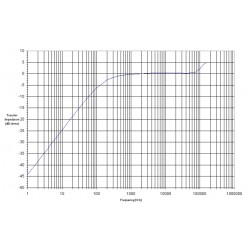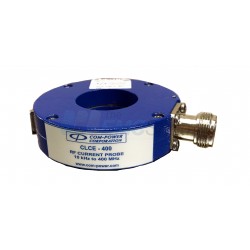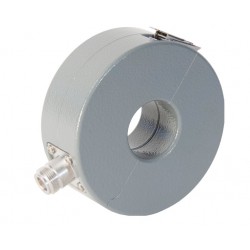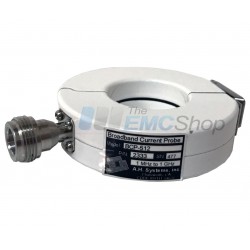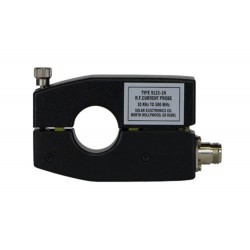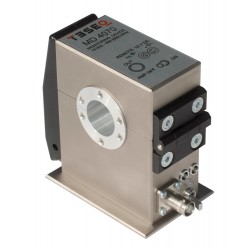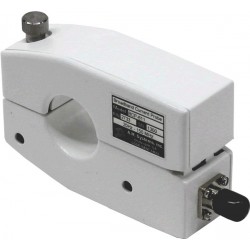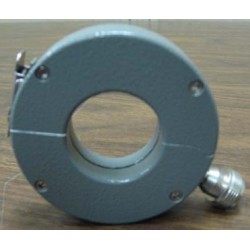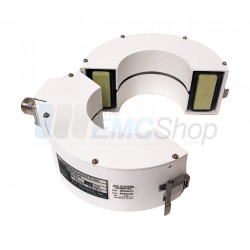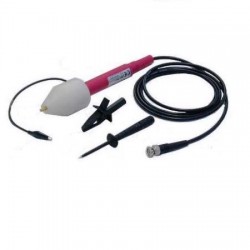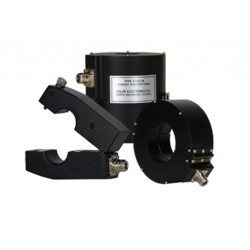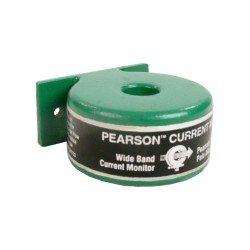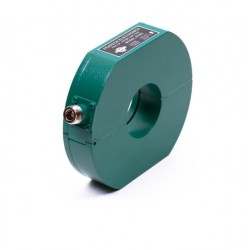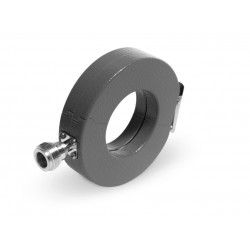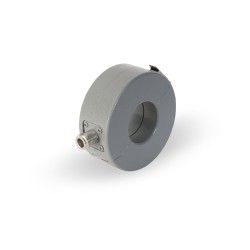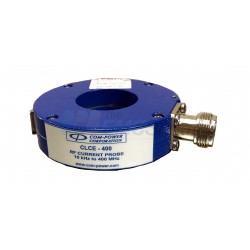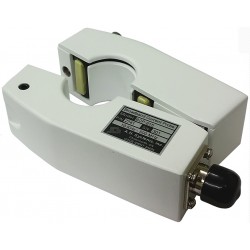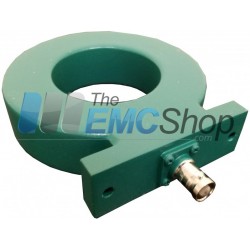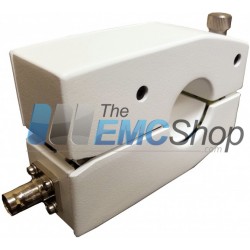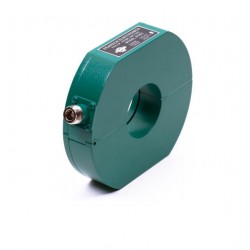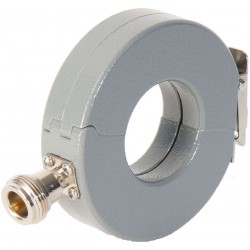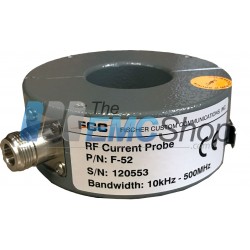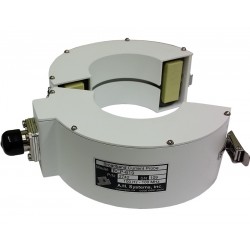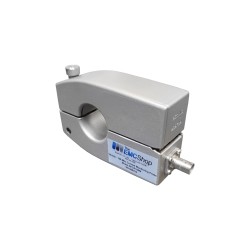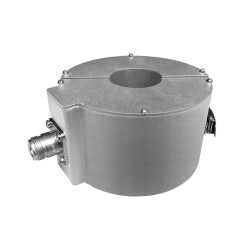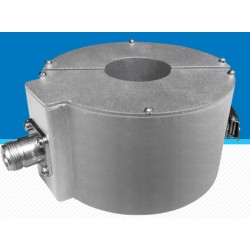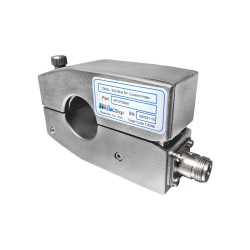No products
Product successfully added to your shopping cart
There are 0 items in your cart. There is 1 item in your cart.
EMI Current Probes/Monitors
- EMC Test Equipment
- Transient Generators
- RF Power Amplifiers
- DC - 300 kHz RF Amplifiers
- 10 kHz - 250 MHz RF Amplifiers
- 10 kHz - 400 MHz RF Amplifiers
- 10 kHz - 1 GHz RF Amplifiers
- 80 MHz - 1 GHz RF Amplifiers
- 1 GHz - 2 GHz RF Amplifiers
- 700 MHz - 4.2 GHz RF Amplifiers
- 1 GHz - 6 GHz RF Amplifiers
- 2 GHz - 8 GHz RF Amplifiers
- 6 GHz - 18 GHz RF Amplifiers
- 18 GHz - 40 GHz RF Amplifiers
- Pulse Amplifiers
- RF Field Strength Probes & Meters
- RF Conducted Immunity
- EMC Receivers/EMI Analyzers
- EMC Antennas
- Coupling Decoupling Networks (CDN's)
- Line Impedance Stabilization Networks (LISN's)
- RF Test Equipment
- EMC Probes
- EMC Measurement & Equipment Software
- Power Supplies
- Electrical Safety Analyzers
- High Precision Laboratory Power Analyzers & Meters
- Anechoic Chambers
- Over-the-Air (OTA) Test Chambers
- EMI RF Shielded Tent Enclosures
- RF Shielded Rooms
- EMC Absorber
- Positioning Equipment
- EMC/EMI Test Setup
- GTEM Cells / TEM Cells
- Reverberation Chambers
- Used RF Anechoic Chambers
- EMC Chamber Filters
- EMC Chamber Shielding Gaskets
- RF Shielded Doors
- Anechoic Chamber Accessories
- Fully Anechoic (FAR) Test Chambers
- Manufacturers
- 3ctest
- AE Techron
- AH Systems
- Amplifier Research
- Boonton
- Com-Power
- Diamond Engineering
- EM Test (Ametek CTS)
- EMC Partner
- EMC Test Design
- Empower High Power RF Amplifiers
- ETS-lindgren
- Log Periodic Dipole Array Antenna
- Near Field Probe Sets
- Double Ridge Horn Antennas
- Biconical Antennas
- Quad Ridge Horn Antennas
- Electric Field Probes
- GTEM's
- Positioners & Tripods
- Loop Antennas
- Biconilog Antennas
- LISN's (Line Impedance Stabilization Network)
- Shielded Enclosures/Rooms
- Monopole Antennas
- Field Generating Antennas
- Fischer Custom Communications
- Haefely Hipotronics
- Haefely EFT/Burst Immunity Test Systems
- Haefely Surge Combination Wave Test Systems
- Haefely Surge Damped Oscillating Wave Test Systems
- Haefely Electrostatic Discharge Test Systems (ESD)
- Haefely Surge Ring Wave Test Systems
- Haefely Surge Telecom Wave Test Systems
- Haefely Magnetic Field Test Systems
- Haefely CDN's (Coupling/Decoupling Networks)
- IFI Amplifiers
- Keysight (Agilent)
- MVG - Microwave Vision Group
- PMM / Narda
- Rohde & Schwarz RF Test Equipment
- Rohde & Schwarz Broadband RF Amplifiers
- Rohde & Schwarz Spectrum Analyzers
- Rohde & Schwarz Compliant EMI Test Receivers
- Rohde & Schwarz Isotropic RF Probes
- Rohde & Schwarz RF Signal Generators
- Rohde & Schwarz RF Switches
- Rohde & Schwarz Oscilloscopes
- Rohde & Schwarz RF Power Meters
- Rohde & Schwarz RF Power Sensors
- Schloder
- Schwarzbeck Mess-Elektronik
- Schwarzbeck Antennas
- Schwarzbeck Automotive Antennas
- Schwarzbeck Broadband Horn Antennas
- Schwarzbeck Biconical Antennas
- Schwarzbeck Logarithmic Periodic Broadband Antennas
- Schwarzbeck Stacked Log-Periodic Broadband Antennas
- Schwarzbeck Biconic Log-Periodic Antennas
- Schwarzbeck Dipole Antennas
- Schwarzbeck Rod Antennas
- Schwarbeck Antenna Baluns / Holders
- Schwarzbeck LISN Line Impedance Stabilisation Networks
- Schwarbeck Decoupling & Absorbing Clamps
- Schwarzbeck Field Probes
- Schwarzbeck Helmholtz Coils
- Schwarzbeck Antenna Masts
- Schwarzbeck Coupling/Decoupling Networks
- Schwarzbeck Antennas
- Solar Electronics
- Teseq (Schaffner)
- Teseq Automotive Transient Generators
- Teseq RF Test Equipment
- Teseq EFT/Burst Generators
- Teseq RF Immunity Generators
- Teseq ESD Guns
- Teseq Surge Generators
- Teseq Harmonics & Flicker Solutions
- Teseq Dips, Interrupts & Variations Equipment
- Teseq Ring Wave Generators
- Teseq Oscillatory Waves Generators
- Teseq Absorbing Clamps / Ferrite Tube
- Teseq EMC Antennas
- Teseq Current Probes
- Teseq Coupling Networks
- Thermo Keytek
- Vicreate
- Compliance Standards
- International (IEC/EN)
- EN/IEC 61000-3-2
- EN/IEC 61000-3-3
- IEC 61000-3-11
- IEC / EN 610000-3-12
- EN/IEC 61000-4-2
- EN/IEC 61000-4-3
- EN/IEC 61000-4-4
- EN/IEC 61000-4-5
- EN/IEC 61000-4-6
- EN/IEC 61000-4-7
- EN/IEC 61000-4-8
- EN/IEC 61000-4-9
- EN/IEC 61000-4-10
- EN/IEC 61000-4-11
- EN/IEC 61000-4-12
- EN/IEC 61000-4-16
- EN/IEC 61000-4-18
- EN/IEC 61000-4-19
- EN/IEC 61000-4-20
- EN/IEC 61000-4-21
- EN/IEC 61000-4-29
- EN/IEC 61000-4-31
- IEC 61000-4-39
- EN/IEC 62132
- SEMI F47 Voltage Sag Immunity
- Product Standards
- Military & Aerospace Standards
- Automotive EMC Standards
- CISPR Standards
- Telecom Testing
- ANSI/IEEE Standards
- FCC Part 15
- FCC Part 30
- International (IEC/EN)
- Application/Test Type
- Radiated Immunity
- Bulk Current Injection Testing
- RF Emissions Testing
- Conducted Immunity
- Conducted Emissions
- Antenna Pattern Measurement
- CE Mark Testing
- Intentional Radiator Testing
- Pulsed HIRF Radar
- Over-the-Air (OTA) Testing
- 5G Test Solutions
- Automotive EMC
- SAR Measurement Equipment
- Radiated Emissions
- Battery Simulator Test Equipment
- Services
- Clearance
Viewed products
-

Teseq CSP 9160A EMC...
As defined in CISPR 16-1-2 Suitable...
Teseq CSP 9160A EMC Emission/Immunity Sensing Probe
New
- As defined in CISPR 16-1-2
- Suitable for emission measurements per CISPR 16-2-1, CISPR 22 and CISPR 32
- Suitable for BCI testing per MIL STD-461 and various automotive standards
- Flat frequency response
- Ruggedly designed
Specifications
| Frequency Range | 9 kHz to 200 MHz |
| RF Connector | BNC |
| Standards Met | CISPR 16-1-2; CISPR 22; CISPR 25, CISPR 32; Mil-STD 461; RTCA/DO-160; EN 61000-6-3; EN 61000-6-4 |
| Current Rating | 50 Amps Max AC + DC |
| Application/Test Type | Compliance measurements of asymmetrical disturbance currents as well as diagnose and measure superimposed RF currents in conductors or cable harnesses |
| Insertion Loss | 34 dB ±2 dB (50 Ω system, 100 kHz to 120 MHz) typical ±1 dB, see also the graphs |
| Impedance | less than 1 ohm insertion impedance |
| Aperture | 25.4 mm (1 inch) |
| Dimensions | (L x H x W) in mm: 105 x 80 x 38 |
| Weight | approx. 525 grams |
Test Equipment Description
Teseq CSP 9160A Description:
The Teseq CSP 9160A is a broadband RF current sensor probe as defined in CISPR 16-1-2. Beside the compliance measurements of asymmetrical disturbance currents as e.g. required in CISPR 16-2-1 and CISPR 22, the probe can be used in a number of diagnostic applications to measure superimposed RF currents flowing in conductors, or cable harnesses.
A convenient feature of the CSP 9160A is that, from 100 kHz to 120 MHz, it has a flat frequency response with a 0 dB transducer factor, allowing voltage measurements to be read as current, directly without any correction. The probe can be easily and quickly clipped around the cable under test and the RF currents measured using an oscilloscope, spectrum analyzer, or EMI receiver. Its large aperture (25.4 mm) can accommodate most cables and can handle power lines with currents up to 50 amps.
The CSP 9160A is can also be used as current monitor for BCI testing as per MIL-STD-461 and various automotive standards.
Features & Specifications of Teseq CSP 9160A:
- Frequency range: 9 kHz to 200 MHz
- Insertion loss: 34 dB ±2 dB (50 Ω system, 100 kHz to 120 MHz)
- typical ±1 dB, see also the graphs
- Transfer impedance, transducer factor: as given in the graphs
- Insertion impedance: <1 Ω
- Signal output: BNC socket
- Max. signal current: 1 A
- Max DC current or peak AC current (up to 60 Hz): 50 A
- Classification: Indoor use only
- Operating temperature: 0°C to +40°C
- Storage and transport temperature: -10°C to +60°C
- Relative humidity: up to 90% (no moisture condensation)
- Window diameter (aperture): 25.4 mm
- Dimensions (L x H x W) in mm: 105 x 80 x 38
- Weight: approx. 525 g
- Dimensions of the storage case in mm: 260 x 70 x 210
- Weight: approx. 350 g


